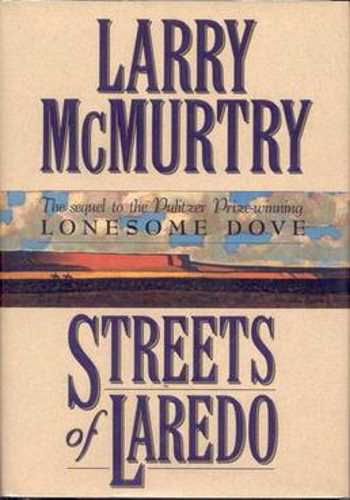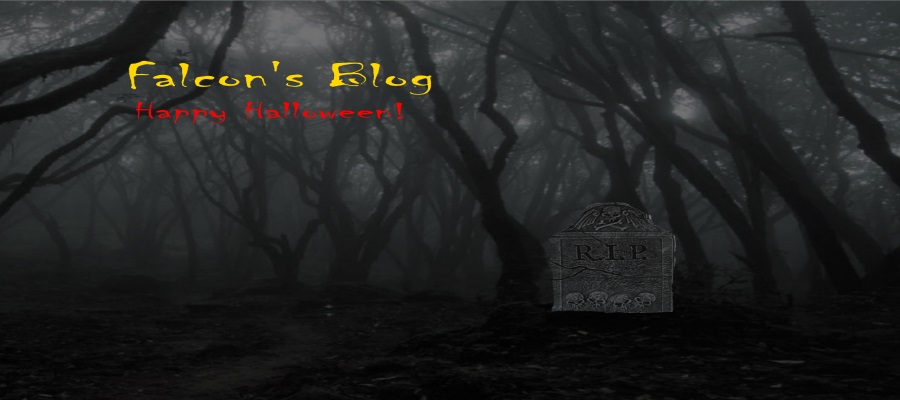Streets of Laredo
Greetings, Streets of Laredo is a 1993 novel by Larry McMurtry and is the final instalment in the famous Lonesome Dove series. The other books have all been reviewed on my blog some years ago and consist of Dead Man’s Walk, Comanche Moon and the original Lonesome Dove from which the series derives its name. It was also adapted into a miniseries staring James Garner as the protagonist Woodrow Call as well as having Sissy Spacek, George Carlin, Ned Beatty and Randy Quaid among its cast members. Fictionalized versions of historical figures appear in the Streets of Laredo book such as cattle rancher Charles Goodnight, criminal gunfighter John Wesley Hardin or saloon-keeper Judge Roy Bean but they have little real effect on the overarching plot.
The novel is set during the 1890s, a number of years after Lonesome Dove concluded, and an aged Woodrow is now something of a hangover from a different era as the expansion of the railroad tamed what was once the Wild West. The plot begins with Ned Brookshire, an accountant from New York, who has been sent to meet the ex-Texas Ranger Captain Call in the Lone Star State because the veteran is still renowned for his man hunting abilities. Brookshire had been sent by his boss, one Colonel Terry, to hire Woodrow to catch a particularly prolific train robber. Terry is an entrepreneur in the railroad business and the train robber in question is a young Mexican named Joey Garza. Garza has cost Colonel Terry a lot of trade by holding up his trains and so the train tycoon sought to hire the best gunslinger in all of Texas to put an end to his troubles. Joey is equipped with an early design of a sniper rifle which he uses effectively during his crime spree. The advanced weapon poses a significant threat to Woodrow who would be hunting Joey down in vast, open plains.

Call agrees to the deal and is initially annoyed to find out that the untrained Brookshire would be accompanying him in the manhunt to keep track of all the invoicing it would entail for the train company. Woodrow asks for his long trusted friend from the old days of the Hat Creek Outfit, Pea Eye, to accompany him on the manhunt as they had done many times before with other outlaws. To his surprise Pea Eye turns him down. Pea Eye explains that he is no longer a young man and that he now has a family to look after as well as a farm to run. Call is annoyed at the unexpected answer but relents that Pea Eye’s wife, a school teacher named Lorena, has won her husband over to staying with his family and that Woodrow could not rely on his old friend for assistance anymore. The old ranger sets out with the inexperienced Ned to capture Joey Garza in what would prove to be his last manhunt.
Overall, I liked this novel despite my prior concerns that another primary character called Gus McCrea was absent from this instalment. The partnership between him and Woodrow was the highlight of the series for me and I wasn’t sure if a book about only one of the characters would hold enough appeal. Several characters from the previous books are in Streets of Laredo such as the Native American tracker called Famous Shoes and the pyromaniac villain Mox Mox which helped keep a sense of continuity. This novel did seem to be a bit circular in regards to some of McMurtry’s other plots with the fate of Woodrow Call and August McCrea being very reflective of each other. The storytelling technique for this novel also incorporated several points of view within it as it dedicated chapters to different characters such as Pea Eye’s wife Lorena, the young outlaw Joey Garza or his long suffering mother Maria and their experiences. Now that I have this extensive and enjoyable Western series behind me I do hope to read some of McMurtry’s other works, especially the stories of his that are not of the Western genre for a change.
Plot=9/10
Characters=9/10
Wording=9/10
Overall=9/10
Quote of the Day
People always mean well! They cluck their thick tongues, and shake their heads and suggest, oh, so very delicately! Of course, I've suggested it myself. But I hate to even think about it. She needs me. It-it's not as if she were a... a maniac — a raving thing. She just goes a little mad sometimes. We all go a little mad sometimes. Haven't you?
Norman Bates
Psycho

